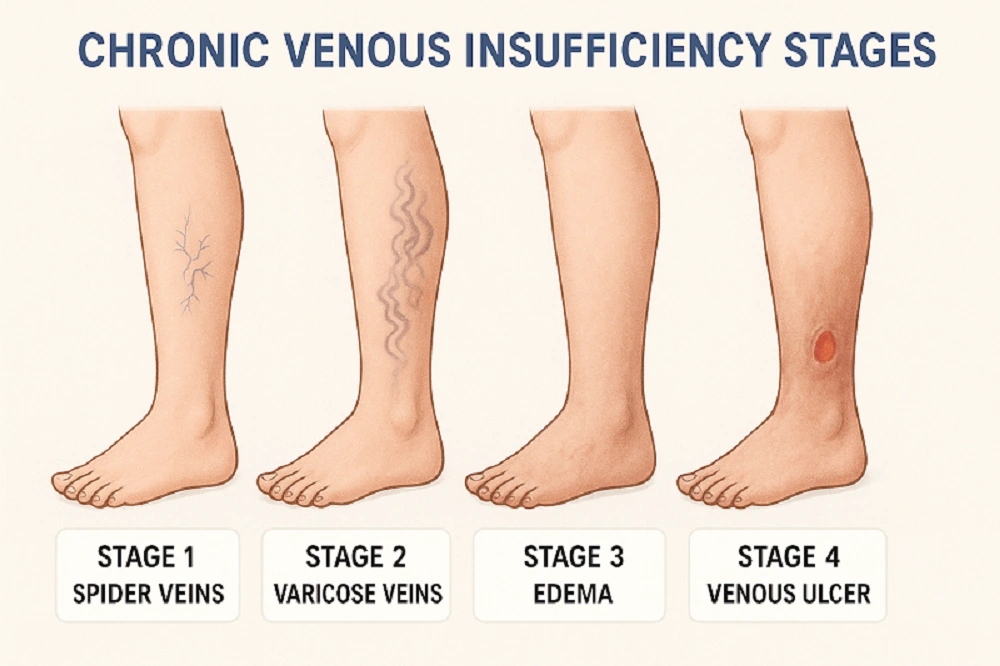
Integrated Management of Newborn and Childhood Illness (IMNCI) is an integrated approach to child health that focuses on the overall well-being of children under five years of age. The primary aim of IMNCI is to reduce mortality, illness, and disability while promoting healthy growth and development. This strategy encompasses both preventive and curative elements that are implemented by families, communities, and health facilities. By addressing multiple health issues simultaneously rather than in isolation, IMNCI seeks to provide a holistic framework for managing childhood illnesses.
Components of IMNCI
The IMNCI strategy consists of three main components:
- Improving case management skills of healthcare providers: This involves training healthcare workers to accurately assess and manage common childhood illnesses using standardized clinical guidelines.
- Improving health systems to provide quality care: This includes ensuring that health facilities are equipped with essential medicines, laboratory tests, and key equipment necessary for effective diagnosis and treatment.
- Improving family and community health practices: This component focuses on empowering families and communities to engage in preventive measures, seek timely care for sick children, provide adequate home care, and support healthy growth and development.
Strategies and Importance of IMNCI
The strategies employed within the IMNCI framework are crucial for addressing the high rates of morbidity and mortality among children under five years old. The importance of IMNCI can be summarized as follows:
- Holistic Approach: IMNCI considers each child’s health comprehensively by integrating various aspects of care. It recognizes that children often present with multiple conditions that require simultaneous assessment and treatment.
- Reduction in Child Mortality: Evidence suggests that when fully implemented, IMNCI can significantly reduce child mortality rates. For instance, studies have shown a 15% reduction in child mortality associated with large-scale implementation of the strategy.
- Empowerment of Communities: By involving families and communities in health promotion activities, IMNCI fosters a sense of ownership over child health outcomes. Empowered communities are better able to hold healthcare systems accountable and utilize available services effectively.
- Strengthening Health Systems: The implementation of IMNCI requires coordination among various health programs at national and local levels. This strengthens overall health systems by improving the capacity of frontline healthcare workers through training, mentoring, and support supervision.
- Alignment with Global Health Goals: Implementing key components of IMNCI is essential for achieving global targets such as the Sustainable Development Goal (SDG) 3.2, which aims to reduce child mortality rates significantly by 2030.
In summary, the Integrated Management of Newborn and Childhood Illness (IMNCI) is a comprehensive strategy designed to improve child health outcomes through integrated case management, enhanced healthcare systems, and community engagement.







